|
|
|
Editor's note
|
|
Daylight saving time is finally here. That means switching the clocks forward an hour before going to bed tonight. There’s plenty to love about extra daylight in the evenings — more time outdoors and putting an end to winter hibernation. But some people have a tougher time adjusting their body clock, which can impact on physical and mental heath. While researchers don’t have all the answers to explain why, Oliver Rawashdeh outlines what we know so
far.
|
Fron Jackson-Webb
Senior Health + Medicine Editor/Chief of Staff
|

|
|
|
|
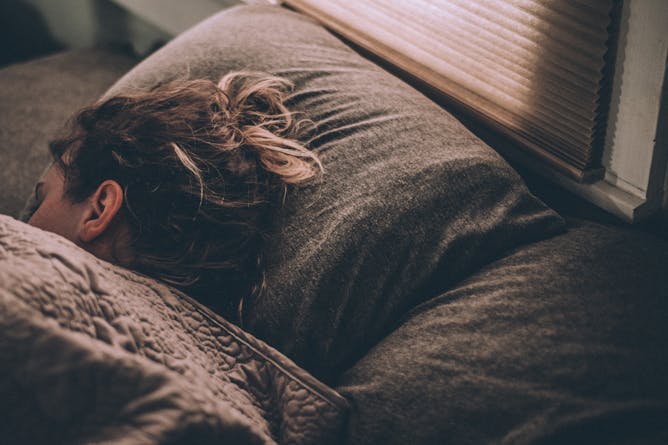
Changing to daylight saving time can impact our mood, our risk of heart attack and how much exercise we get.
Gregory Pappas
Oliver Rawashdeh, The University of Queensland
Daylight saving time begins this weekend, which means many of us will get an hour less sleep. But the health effects go beyond sleep – and can last two weeks or more. Here's what the research says.
|

Waking an hour earlier on Monday won’t make you much more dangerous.
Shutterstock
Jayanta Sarkar, Queensland University of Technology
Overseas research says putting the clock forward hurts the financial markets. But not in Australia, according to a real-world study along the Queensland-NSW border.
|
From the archives: daylight saving time
|
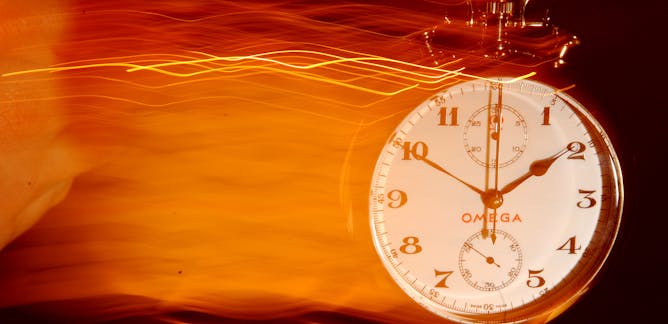
Andrew C. Worthington, Griffith University
Daylight saving has economic benefits, but this breaks down in the days before and after we change, as well as across borders between states that do and don't have it.
| |
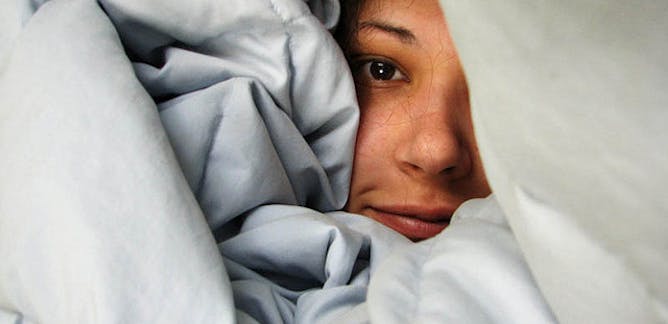
Leon Lack, Flinders University
Daylight saving time ends this weekend in most states and territories (barring Queensland, Western Australia and the Northern Territory), meaning we’ll turn our clocks back by one hour on Sunday morning…
|
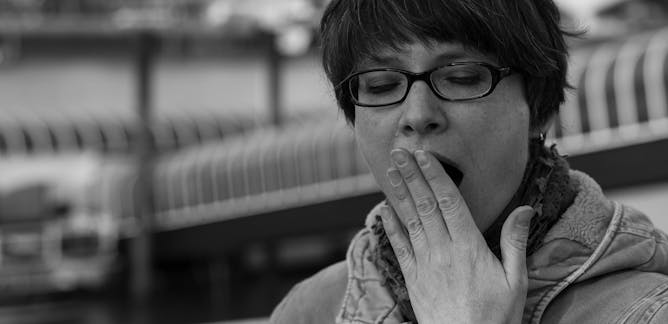
Leon Lack, Flinders University; Gorica Micic, Flinders University; Nicole Lovato, Flinders University
South Australia is considering a permanent change of time zone. Of the several changes proposed, the main contender is to align the state to Eastern time.
| |

Jon Quach, Murdoch Children's Research Institute
The shift from daylight saving time will leave kids' body clocks an hour "out of sync", in a similar way to jet lag. Here are some evidence-based strategies to deal with this.
|
|
|
Expert answers to serious, weird and wacky questions
|
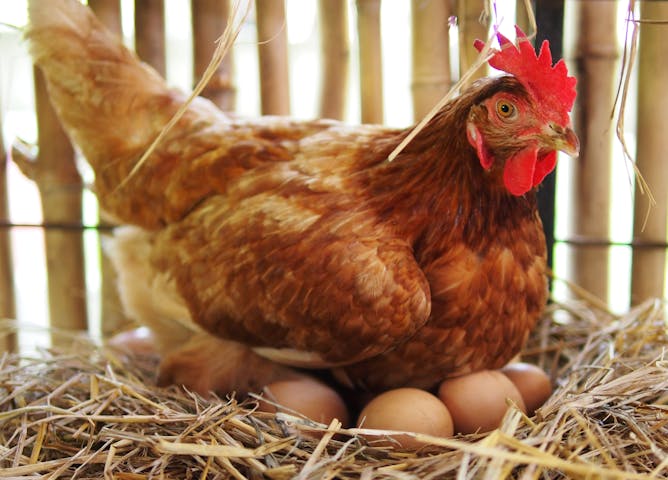
The birds and the bees.
Shutterstock.
Emily Burton, Nottingham Trent University
Having looked after chickens for generations, humans are pretty good at getting them to keep on laying eggs.
|
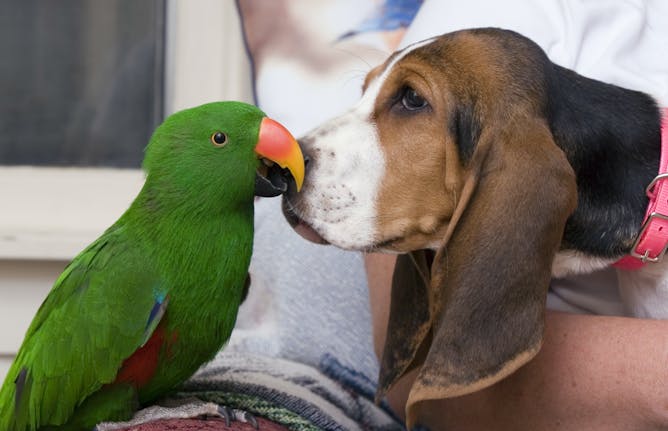
Birds and mammals use feathers and fur for staying warm and dry – but for other purposes too.
from www.shutterstock.com
Julie Old, Western Sydney University; Hayley Stannard, University of Sydney
Finding a mate is of course essential to produce the next generation. And feathers and fur play key roles in making sure that happens.
|
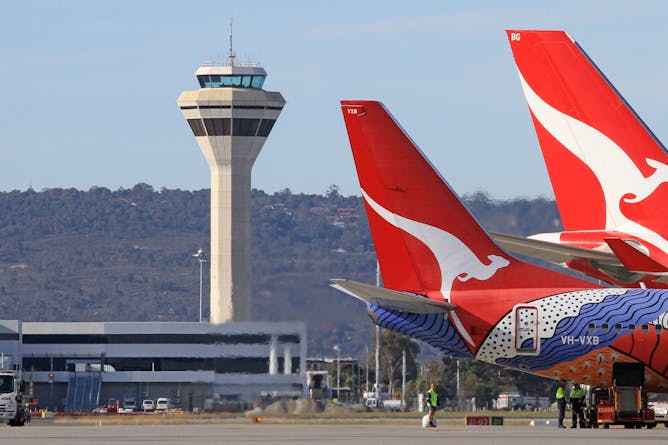
Perth air traffic control tower. As a pilot flies towards the destination, the air traffic control tower sends an interrogation signal. The aircraft automatically responds with a series of short pulses that let air traffic control know the identity of the plane and its altitude.
© Copyright Airservices Australia
Andrew Dowse, Edith Cowan University
Secondary radar is an important tool in the control of aircraft traffic, and helps make air travel safe. It was developed during dangerous times.
|
|
|
| |
Featured jobs
|

|
Griffith University — Nathan, Queensland
|

|
La Trobe University — Brunswick, Victoria
|

|
University of Melbourne — Melbourne, Victoria
|

|
University of Western Australia — Perth, Western Australia
|
|
|
|
Featured events
|

|
QT Canberra, 1 London Circuit, Canberra, Australian Capital Territory, 2601, Australia — Australia New Zealand School of Government
|

|
Isabella Fraser Room, State Library of Victoria, La Trobe Street, Entry 5, Melbourne, Victoria, 3000, Australia — La Trobe University
|

|
Parliament House Theatre Parliament House , Canberra, Australian Capital Territory, 2600, Australia — Australian National University
|

|
University of Sydney, Sydney, New South Wales, 2006, Australia — University of Sydney
|
|
|
|
| |
| |
| |
| |
| |
|
|
|
|
|
|
|